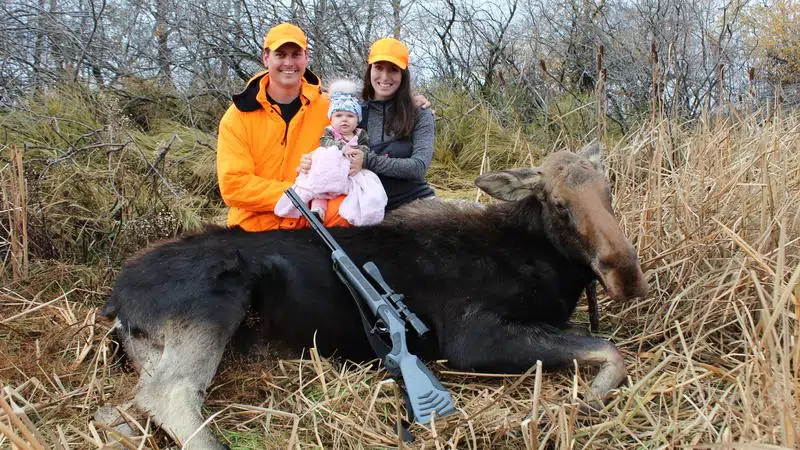
Saskatchewan resident concerned over game refund changes
One Saskatchewan hunter has expressed his concern over the Ministry of Environment’s changes to their refund policy.
Hunters are now unable to receive any financial or replacement tag refunding for animals that are harvested in which the meat is unusable due to quality or disease.
Lyndon Maurer, 27 of Neudorf, Saskatchewan has been hunting for 13 years. He explained in a part of his email to paNOW the change blindsided him and other hunters.
“Most hunters don’t even know about this change. The policy change was rolled out quietly and if it wasn’t for speaking to conservation officers directly or your paNOW article, I wouldn’t have even known about it. For years, hunters have been operating under the assumption that if they have the misfortune of harvesting a diseased or otherwise unusable animal, they’d at least have a remedy in the form of a tag replacement,” he wrote.


